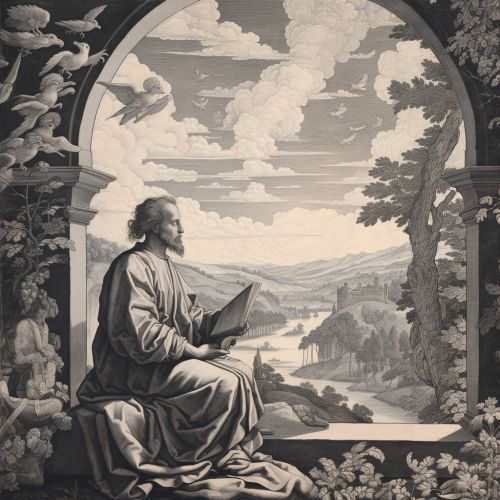Pascal's Wager
Overview
Pascal's Wager is a philosophical argument developed by the seventeenth-century French philosopher, mathematician, and physicist Blaise Pascal. It posits that humans bet with their lives that God either exists or does not.


Background
Pascal's Wager is found in his posthumously published Pensées, a collection of notes made by Pascal in his years of studying philosophy and theology. The wager uses the concept of expected value in probability theory to argue that believing in God is the most rational choice.
The Wager
The argument is structured as a cost-benefit analysis where the possible payoff of believing in God is infinite: the infinite happiness of heaven. Pascal asks the reader to analyze the wager using the game theory of his time, and concludes that belief is the best option.
Criticisms
Pascal's Wager has been subject to numerous criticisms, the most common of which is the 'many gods' objection. Critics argue that the wager fails to account for the possibility of multiple gods, each with their own set of rules and rewards.
Influence and Legacy
Despite criticisms, Pascal's Wager continues to be discussed and studied in a variety of fields, including philosophy, theology, and decision theory. It has also influenced a number of other philosophical arguments and concepts.
